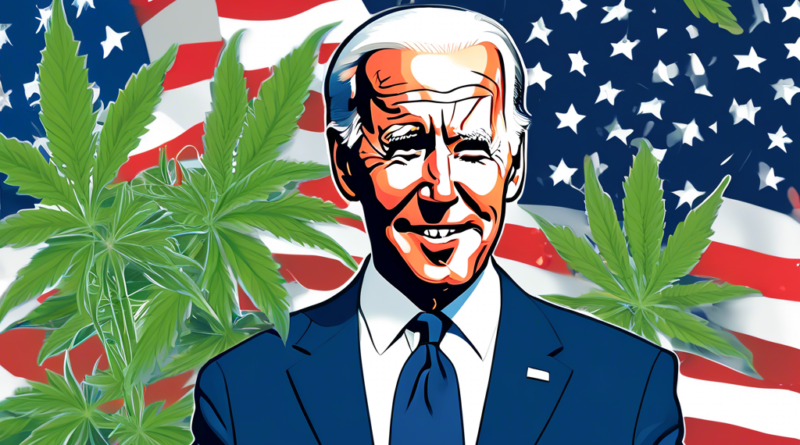Rescheduling Cannabis in the U.S.: Challenges and Opportunities Under the Biden Administration’s Proposal
The evolving legal landscape surrounding cannabis in the United States continues to capture national attention, particularly with the proposed rescheduling of cannabis under the Controlled Substances Act (CSA). This proposal by the Biden Administration suggests moving cannabis from Schedule I to Schedule III, a shift that promises both challenges and opportunities for various stakeholders.
Understanding the Rescheduling Proposal
The rescheduling initiative stems from a detailed review conducted by the Department of Health and Human Services (HHS) and the Department of Justice (DOJ) and was put forth in May 2024. This effort seeks to ease certain restrictions by categorizing cannabis similarly to substances with recognized medical benefits but less potential for abuse compared to Schedule I substances. While the majority of public comments have supported decriminalization or even descheduling, the DEA’s upcoming administrative hearing on December 2, 2024, suggests a lengthy resolution process.
Despite the prospect of rescheduling, significant federal regulations and criminal penalties would remain. The intention to maintain strict oversight may allow continued legal consequences, which disproportionately affect communities of color and leave some criminal penalties intact, particularly concerning simple possession.
Public Reaction and Political Dynamics
Public engagement with the proposal has been robust, with nearly 70% of comments advocating for more extensive measures like federal decriminalization. These voices highlight a strong undercurrent for broader reforms, emphasizing the societal and racial justice implications of current marijuana policies.
Politically, President Biden and Vice President Kamala Harris face mixed reactions, with the administration’s slow pace on marijuana reform drawing criticism. Despite campaign promises of more comprehensive change, their actions to date have been seen as insufficient among advocates for full legalization.
The Broader Legislative and Market Context
Against this backdrop, legislative efforts such as the Marijuana Opportunity Reinvestment and Expungement (MORE) Act and the Cannabis Administration and Opportunity Act (CAOA) are pushing for greater reforms. These bills aim to address historic inequities stemming from marijuana criminalization and pave the way for economic opportunities in the industry.
At the state level, the momentum for cannabis legalization is powerful, with states like Kentucky and Florida taking significant steps towards embracing medical and adult-use cannabis markets. Simultaneously, rescheduling cannabis could lead to reduced financial burdens for businesses by altering tax obligations under Section 280E of the Internal Revenue Code, sparking potential growth within the industry.
However, it’s crucial to note that while rescheduling could facilitate cannabinoid research and development, it would not wholly legalize cannabis-related activities under federal law, leaving the industry operating within a complex regulatory environment.

